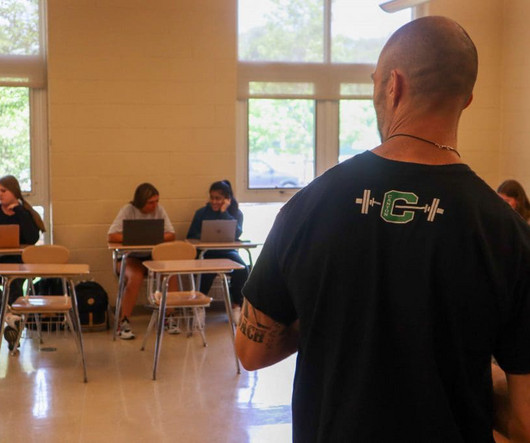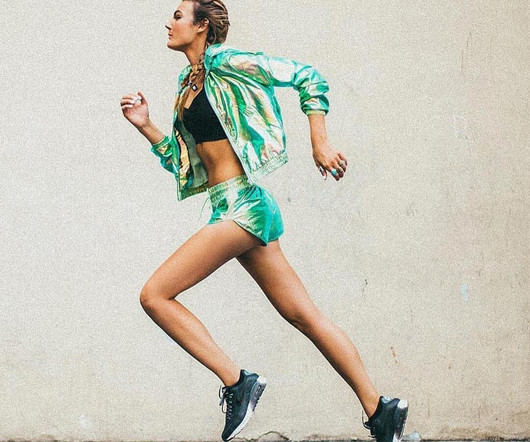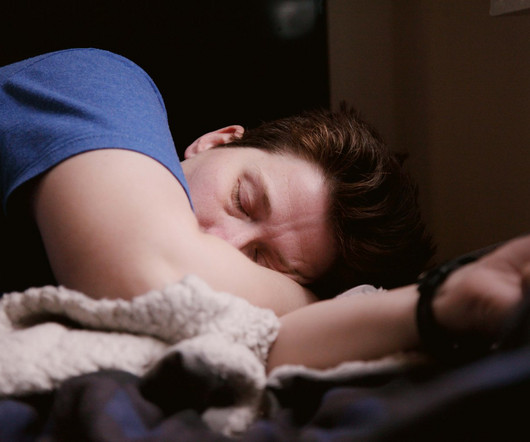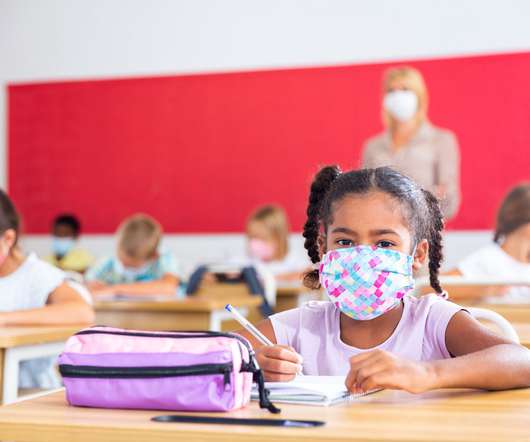Electrolytes: Essential Functions for Optimal Health
Designs for Health
JANUARY 4, 2024
Sweat, particularly during physical exercise and exposure to hot weather, is the largest source of electrolyte and water loss. It has been shown that a loss of body mass of over 2% due to water deficit can disrupt athletic performance, mood, attention, executive functioning, and motor coordination.












Let's personalize your content